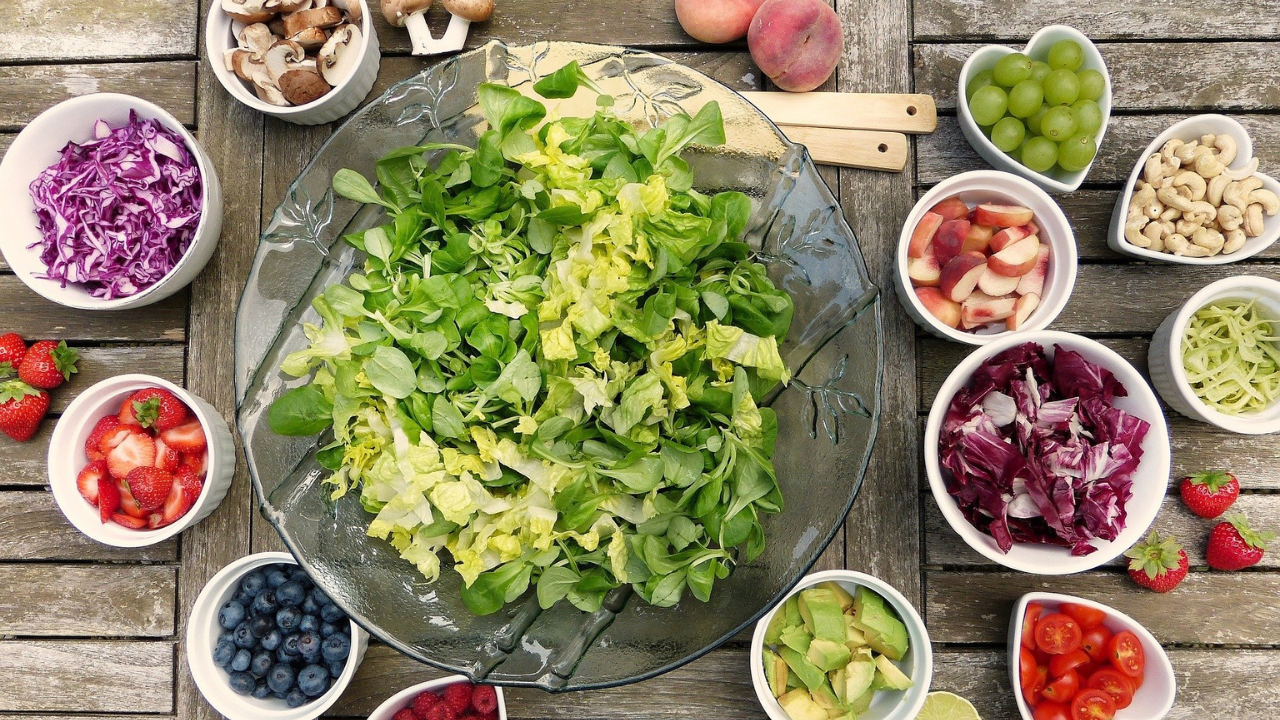What Is Flexible Dieting?
Sep 25, 2020
Flexible dieting or IIFYM (if it fits your macros) is a flexible way of eating that removes the focus from calorie counting and instead towards macronutrient or ‘macro’ counting.
A macro is a protein, fat or carbs
-
1g Protein = 4 calories
-
1g Carbs = 4 calories
-
1g Fat = 9 calories
Flexible dieting understands that there is no one food group, type or diet style (such as; paleo, gluten-free, KETO, 5/2, clean eating) that directly affects body composition, but instead, the macronutrients within the diet do.
Flex Success coaches understand how much confusion there is out there about nutrition, with all the myths and magic potions, empty promises and seemingly complicated food labels and conflicting information. We make it pretty darn simple!
This is where an evidence-based, logical approach to nutrition, which according to science works for everyone, takes the stress and guilt out of reaching your goals while also removing the guesswork out of your nutrition.
Being a flexible dieter means you understand the macro makeup of your food, and can learn to ‘fit in’ the foods you enjoy including treats into your macro targets while reaching body fat and performance improvements.
For example, let’s say you require 120g protein, 200g carbs, and 50g fat and you eat this for breakfast:

Then we would minus 18g protein, 34g carbs and 14g fat off our targets for the day as this was taken up at breakfast. This leaves us with 102g protein, 166g carbs and 36g fat for other meals and snacks.
OR
If you decided to have a protein shake for breakfast with some strawberries:

Keeping in mind the daily targets are: 120g protein, 200g carbs, and 50g fat … this would leave you with 87g protein, 192g carbs and 48g fats for the rest of the day.
The food type that you choose is totally flexible and it is encouraged that you eat the bulk of your calories from whole foods for the purpose of health, however, there is room for treats not traditionally in a ‘diet’ which do provide benefits such as not feeling restricted from eating particular foods you really love. We all know someone (if not you yourself) that goes on a strict ‘diet’ and cuts out all ‘bad’ food and social occasions that include food only to later snap and binge down the track. Then we that person has to deal with the guilt of eating a family-sized tub of ice cream, punish themselves in the gym (instead of rewarding themselves) then the cycle of restriction and binging repeats itself.
Read more about this below (From Coach Mike Samuels):
http://www.healthylivingheavylifting.com/a-rational-case-for-junk-food/
When body composition is concerned (body fat to muscle mass ratios) food type makes no significant difference, what does affect your composition is the total calories and what macros make up those calories (macros AKA protein, fats and carbs)
Check out these links on similar topics:
Raw cheesecake:
Pink doughnut:
In summary, flexible dieting:
-
Does not exclude any food type
-
Helps support a healthy relationship with food
-
Helps support a healthy social life
-
Assists in reaching goals while eating the foods you love
-
Teaches you a way of eating that can be sustained for life!
-
Not reliant on any magic pill, potion or particular food type
-
Arms you with the knowledge to maintain your results and keep them
Flexible dieting really is for everyone, from the everyday person looking to lose that spare tire or those struggling with binge eating all the way through to competitive or professional athletes.
Diet Smart. Not Hard.
Coach Lizzy.

